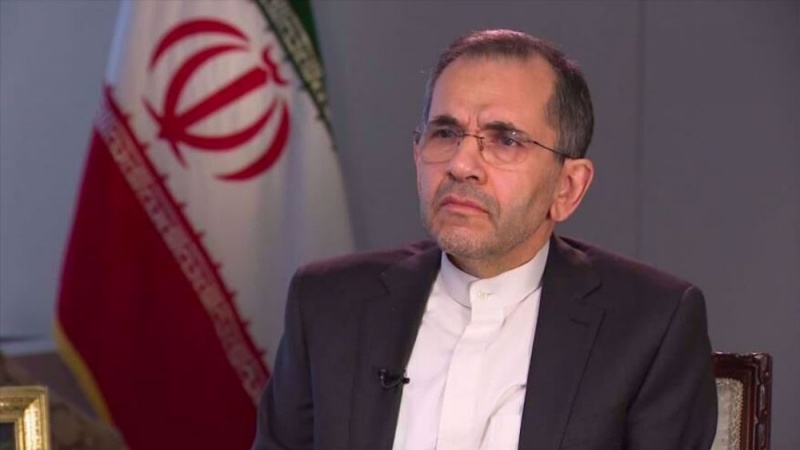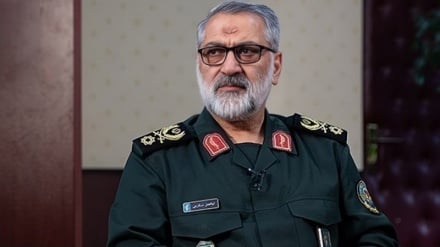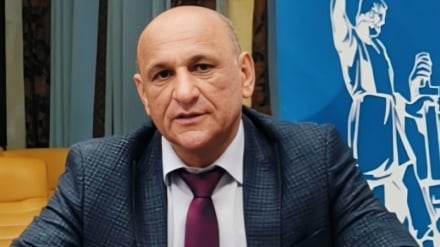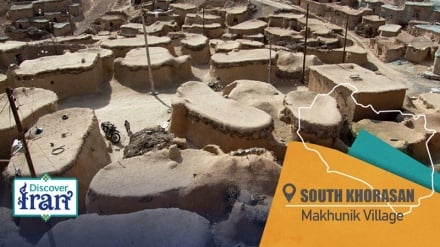Global nuclear disarmament possible, if necessary political will existed: Envoy
Iran’s permanent ambassador to the United Nations says global nuclear disarmament could be materialized on a global scale if the necessary political determination existed for its realization.
Speaking to Islamic Republic News Agency (IRNA) on Sunday, Majid Takht-Ravanchi made the remarks when asked about a recent resolution proposed by Iran during a UN General Assembly meeting, which was approved through the support of most UN members at the General Assembly’s First Committee.
Iran’s proposed biennial resolution, entitled “Follow‑up to nuclear disarmament obligations agreed to at the 1995, 2000 and 2010 Review Conferences of the Parties to the Treaty (NPT) on the Non‑Proliferation of Nuclear Weapons,” was ratified by the committee last week.
The resolution calls on the NPT signatories to accelerate the implementation of their commitments to the complete destruction of their nuclear arsenal in accordance with the principles of transparency, irreversibility, and international oversight.
It is expected to be presented to the UN General Assembly in about a month and to be finally adopted there.
During his Sunday interview, Takht-Ravanchi explained that when the NPT entered into force in 1970, the member states committed themselves to pursue nuclear disarmament, meaning that nuclear-weapon states pledged to destroy their nuclear weapons.
“So far, despite their [binding] commitment to nuclear disarmament, those countries have avoided accepting scheduled nuclear disarmament under Article VI of the NPT on grounds of political pretexts,” the senior Iranian diplomat said.
He added that those countries argue that the conditions are not right for nuclear disarmament, but this is just an excuse that can be used forever.
Under Article VI of the NPT, which is the only binding commitment in a multilateral treaty to the goal of disarmament by the nuclear-weapon states, all parties undertake to pursue good-faith negotiations on effective measures relating to cessation of the nuclear arms race, to nuclear disarmament, and to general and complete disarmament.
“If there were the political will to do so, nuclear disarmament could be put on the agenda and implemented,” Takht-Ravanchi said.
He noted that Iran’s proposed resolution was ratified after 108 countries voted in favor, expressing hope that the number of supporters in the General Assembly would increase even more.
Under a fatwa (religious decree) issued by Leader of the Islamic Revolution Ayatollah Seyyed Ali Khamenei, the acquisition, development, and use of nuclear weapons are strictly forbidden.
Iran is also a member of the NPT, allows IAEA nuclear inspectors to scrutinize its nuclear activities, and signed a nuclear agreement in 2015 to reassure the world of the peaceful nature of its nuclear program.
SS



